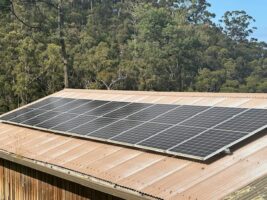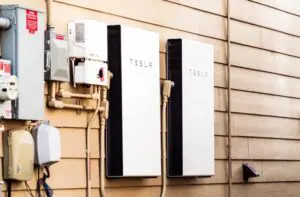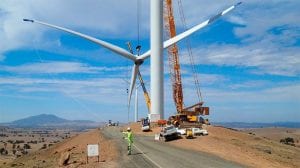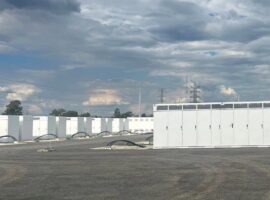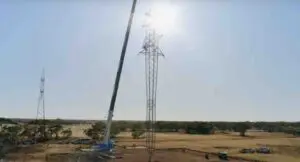AusNet’s bid to charge its gas customers an extra $70 million to recover the cost of pipeline assets left stranded by Victoria’s push to household electrification has been rejected, with the regulator arguing that the exodus from residential gas is not happening as fast as AusNet thinks.
AusNet Gas Services last year sought a variation on its gas access arrangement proposal for the period of 2023-28, for which it had been granted $105 million in accelerated depreciation to be recovered from customers over the five-year period.
AusNet, which had originally proposed $200 million in accelerated depreciation for the 2023-28 period, has been pushing for more scope to recover costs in light of the potential for home electrification to cut short the lifetime of its network assets.
In its application for a variation on the 2023-28 allocation – the first of its kind for a gas provider – the utility argued that in Victoria, the Labor government’s Gas Substitution Roadmap was driving the shift to electrification faster than had been anticipated and thus fast-tracking the gas network death spiral.
As RenewEconomy reported at the time, this was a big deal coming from a gas company, in that it effectively nixed the argument the fossil fuel industry had been making, that Australia’s LNG networks would be used in the future to pipe “renewable gas” into homes.
But in a draft decision published last month, the Australian Energy Regulator (AER) disagrees, arguing that the extra $70 million is not needed because the impacts of Victorian policy and regulatory changes on residential demand will “accrue more slowly than AusNet has forecast.”
“We consider the actual decline in customer numbers over the remaining years of the 2023−28 access arrangement period, is likely to be smaller than
AusNet has proposed and any difference to the existing forecast will be immaterial,” the draft decision says.
It also notes that the AER’s 2023 final decision on accelerated depreciation took into account the Victorian Government’s Gas Substitution Roadmap and thus any further intervention is not required.
“We acknowledge that Victorian government policies on gas substitution have evolved since the 2023 final decision,” the regulator says, before adding “we agree with the views expressed by stakeholders that Victoria’s policy developments since the 2023 final decision do not automatically reflect an unforeseen change in AusNet’s circumstances.”
The regulator also questions AusNet’s increased forecast reduction in residential customer numbers – adjusted up to 3.5% by the end of the 2023–28 period in the variation – when proposed demand consumption volume has remained “largely consistent” with the numbers in the 2023 final decision.
“We consider the customer numbers and consumption remain largely consistent with our forecasts at the time of our 2023 final decision. As such, we do not consider forecast demand has significantly changed in the short-term since the 2023 final decision, such to warrant a variation,” the AER says.
As the Australian Energy Regulator notes, accounting for accelerated asset depreciation is a complicated beast. As a regulatory tool, it aims to reduce asset stranding risk arising from demand uncertainty in the gas sector.
The idea is also to spread out the cost of these stranded assets, so that they are not unfairly lumped on an increasingly small proportion of residential customers – likely those households that have so far been unable, for a range of reasons, to quit gas.
This sounds noble, but in its draft decision the AER says a number of submissions from stakeholders argued that accelerated depreciation is predominantly about protecting gas network investors from the risk of economic stranding of their investments, rather than about mitigating future price shocks for consumers.
“AusNet’s proposal coincides with cost-of-living pressures that continue to impact energy customers, with a disproportionate impact on customers experiencing vulnerability,” the AER says.
“Any proposal that would increase utility bills must be viewed in the context of both the energy transition and the economic circumstances experienced by existing customers.”
The regulator also notes that further increasing accelerated depreciation in an environment of declining demand could have the unintended effect triggering an even faster disconnection spiral, by exacerbating upward pressure on prices.
“We consider AusNet has not justified the various elements of its proposal,” the regulator concludes, suggesting that the issues raised can be better assessed in the context of the utility’s 2028−33 access arrangement proposal, a draft proposal of which is due in 2027.
AusNet now has until March 14 to submit a revised proposal, while stakeholders have until April 11 to provide further written submissions. The AER will make a final decision on the matter by mid-May.


